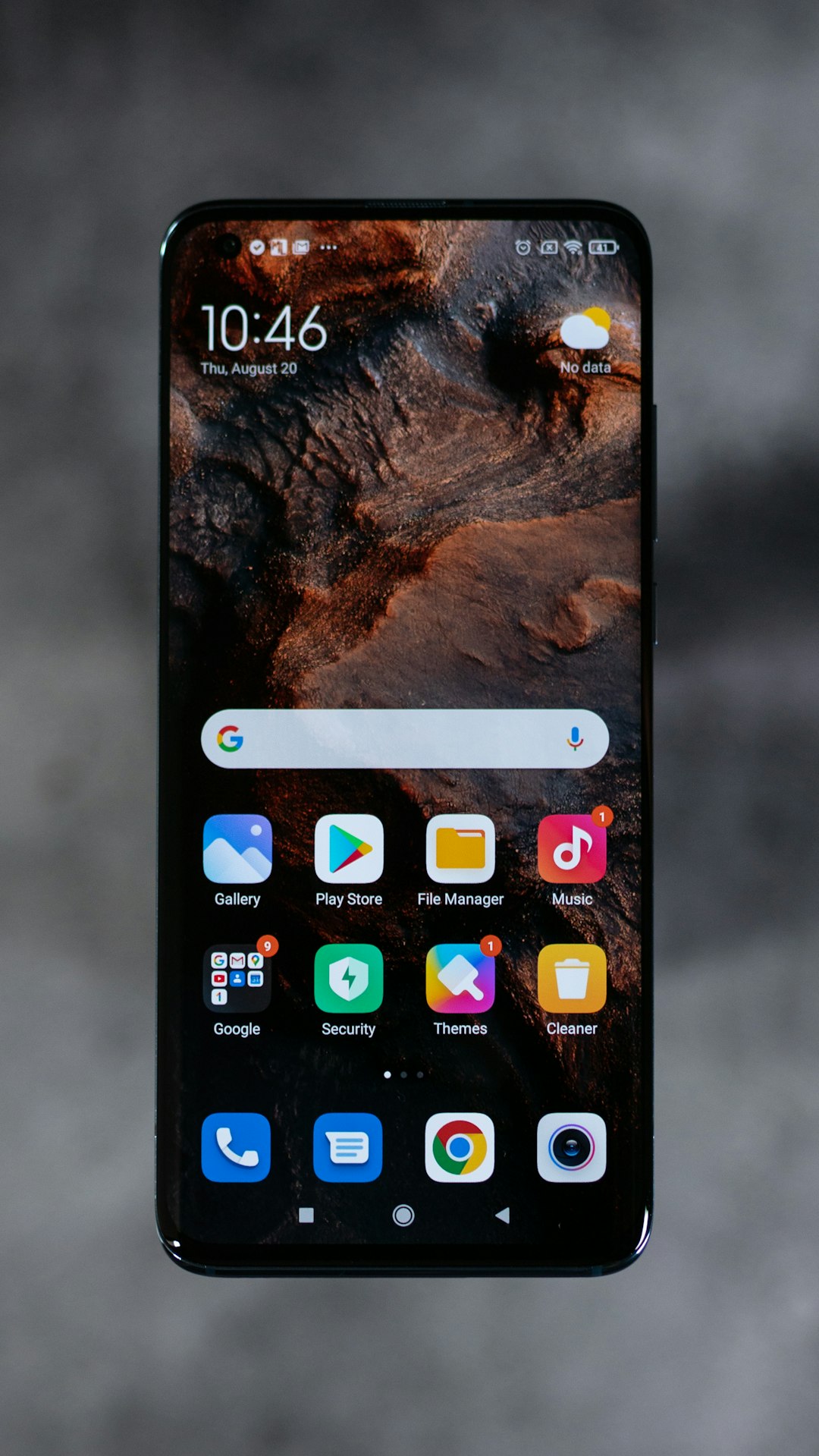In California, the Telephone Consumer Protection Act (TCPA) prohibits abusive telemarketing practices, with severe penalties for breaches. Do Not Call Lawyers California specialize in cases involving harassing calls, automated messages, and prerecorded calls, ensuring consumer privacy and compliance with state laws to protect businesses from substantial fines and reputational damage. Their role in court cases under TCPA has clarified that even a single unauthorized call constitutes a violation. Businesses should prioritize consumer privacy, obtain explicit consent through opt-in agreements, maintain detailed call records, and engage Do Not Call lawyers California for specialized guidance to avoid legal issues.
“Discover how San Diego courts are shaping the future of telecommunications law through their handling of TCPA (Telecommunications Consumer Protection Act) violations. This article explores the significant impact of these cases on businesses across California, offering a comprehensive guide to understanding and navigating TCPA regulations.
We delve into notable San Diego court decisions, providing insights into how organizations can avoid potential pitfalls and stay compliant with Do Not Call laws. From legal strategies to real-world examples, this resource equips businesses with the knowledge to protect themselves from costly lawsuits.”
Understanding TCPA Violations and Their Impact in California

In California, TCPA violations, or Telephone Consumer Protection Act breaches, have significant implications for businesses and individuals alike. This federal law was established to protect consumers from certain types of telemarketing practices and unwanted phone calls. When a business fails to adhere to TCPA regulations, it can result in substantial legal consequences, especially when dealing with California’s stringent privacy laws.
Do Not Call Lawyers California are often involved in cases where individuals or groups have been subjected to harassing phone calls, automated messages, or prerecorded calls in violation of the TCPA. These violations can cause distress and invade personal space, leading to potential legal action. Given California’s strict consumer protection regulations, businesses must ensure compliance to avoid hefty fines and damage to their reputation.
Notable San Diego Court Cases: A Deep Dive into TCPA Infringements

In the realm of consumer protection, San Diego has emerged as a significant battleground for Do Not Call lawyers in California, tackling violations of the Telephone Consumer Protection Act (TCPA). Notable court cases have illuminated the nuances of TCPA infringements, shaping the legal landscape for both businesses and consumers. These cases have consistently emphasized the importance of adhering to the strict regulations surrounding telemarketing practices, particularly regarding robocalls and automated messages.
One particularly impactful San Diego case involved a plaintiff who received numerous unwanted marketing calls, prompting them to file a lawsuit against the violator. The court ruled in favor of the plaintiff, highlighting that even one unauthorized call could constitute a TCPA violation. This decision sent a clear message to businesses across California, underscoring the severity of such infringements and the potential consequences for Do Not Call lawyers who disregard consumer rights.
Strategies for Businesses to Avoid Do Not Call Lawsuit Pitfalls

To avoid the pitfalls of Do Not Call laws and potential lawsuits, businesses in California should prioritize consumer privacy and adhere to strict compliance standards. One effective strategy is to obtain explicit consent before making any telemarketing calls, ensuring that customers have clearly agreed to receive such communications. This involves obtaining verifiable opt-in agreements, which can be done through secure online forms or dedicated customer service lines.
Additionally, businesses should maintain detailed call records, including the purpose of each call, the date and time, and the customer’s response. These records serve as a defense mechanism in case of disputes, demonstrating that calls were made for legitimate business purposes and with the recipient’s knowledge. Engaging Do Not Call lawyers California can also provide valuable guidance on navigating these regulations and minimizing the risk of costly lawsuits.






